This Is what Understanding the Sole Proprietorship Model
By. Fajar - 30 Dec 2024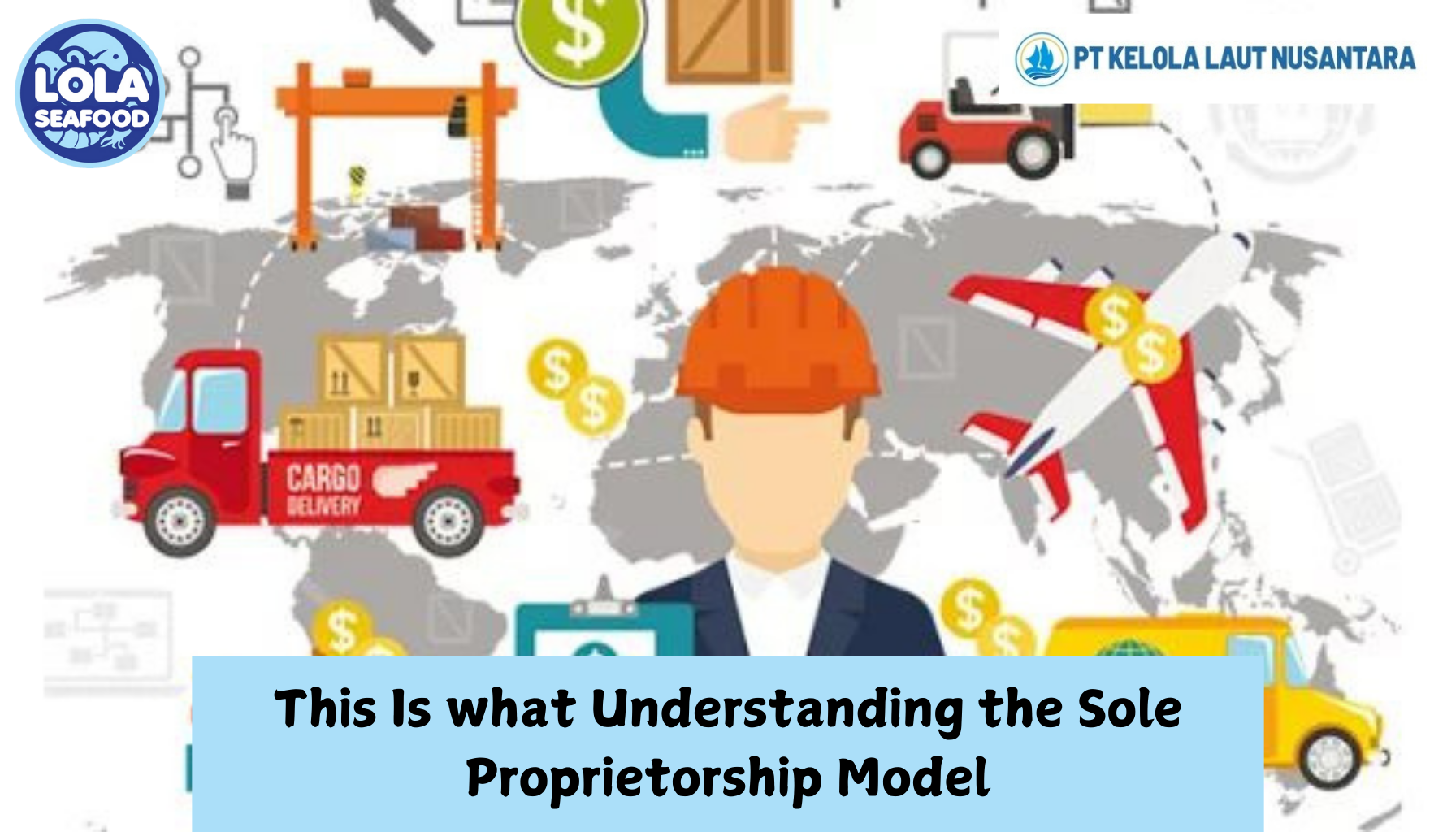
kelolalaut.com A sole proprietorship is a type of business entity owned and managed by a single individual. This form of business is commonly chosen by small entrepreneurs or individuals seeking to start a business without extensive administrative complexities. In practice, a sole proprietorship does not have a separate legal entity, meaning all financial, legal, and operational responsibilities rest entirely on the owner.
Functions and Objectives of a Sole Proprietorship
Functions:
A sole proprietorship serves as a medium to conduct economic activities such as production, distribution, or the sale of goods/services.
Objectives:
The primary objective is to generate profit while meeting market demands in a simple and efficient manner.
Characteristics of a Sole Proprietorship
- Single Ownership
A sole proprietorship is wholly owned by an individual who is accountable for all aspects of the business, including profits and losses. - Self-Management
The owner manages all company operations, including decision-making, financial management, and customer relations. - Limited Capital
Capital typically comes from the owner's personal assets, making the business scale relatively small. - Unlimited Liability
The owner is fully responsible for the company's obligations. Personal assets can be used to cover debts if the business incurs losses. - No Legal Personality
A sole proprietorship is not a legal entity, meaning there is no separation between the owner’s personal assets and the business assets.
Advantages of a Sole Proprietorship
- Ease of Establishment
Setting up a sole proprietorship is relatively quick and straightforward, as it does not require notarial deeds or complex formalities. - Full Control
The owner has complete control over all aspects of the business, enabling quick and flexible decision-making. - Low Operational Costs
Due to its small scale and simple administrative systems, operational costs are lower compared to other business structures. - Business Confidentiality
Financial and operational information is usually not disclosed publicly.
Challenges and Risks of a Sole Proprietorship
- High Financial Risk
Since there is no separation between personal and business assets, business failure directly impacts the owner's personal finances. - Resource Limitations
Capital, labor, and the owner's time often become significant constraints, especially if the business grows rapidly. - Limited Scalability
Sole proprietorships struggle to attract investors or secure large loans due to their lack of a formal business structure like corporations or partnerships. - High Dependency on the Owner
If the owner becomes ill, quits, or faces challenges, business operations may come to a halt immediately.
The Role of Sole Proprietorships in the Economy
- Promoting MSME Growth
Sole proprietorships significantly contribute to the development of Micro, Small, and Medium Enterprises (MSMEs) in many countries. - Providing Employment
Although small in scale, these businesses often provide job opportunities for family members or local communities. - Enhancing Local Innovation
Many sole proprietorships develop creative products and services based on local needs.
Conclusion
A sole proprietorship is an excellent choice for individuals looking to start a business with minimal capital and a straightforward structure. However, this business type carries significant risks due to the owner's unlimited liability. Therefore, aspiring entrepreneurs should carefully consider their options before choosing this business structure.
If you are interested in our Shark Flake /Shark Fillet /Shark Cartilage /Shark Belly please do not hesitate to contact us through email and/or whatsapp
.jpg)
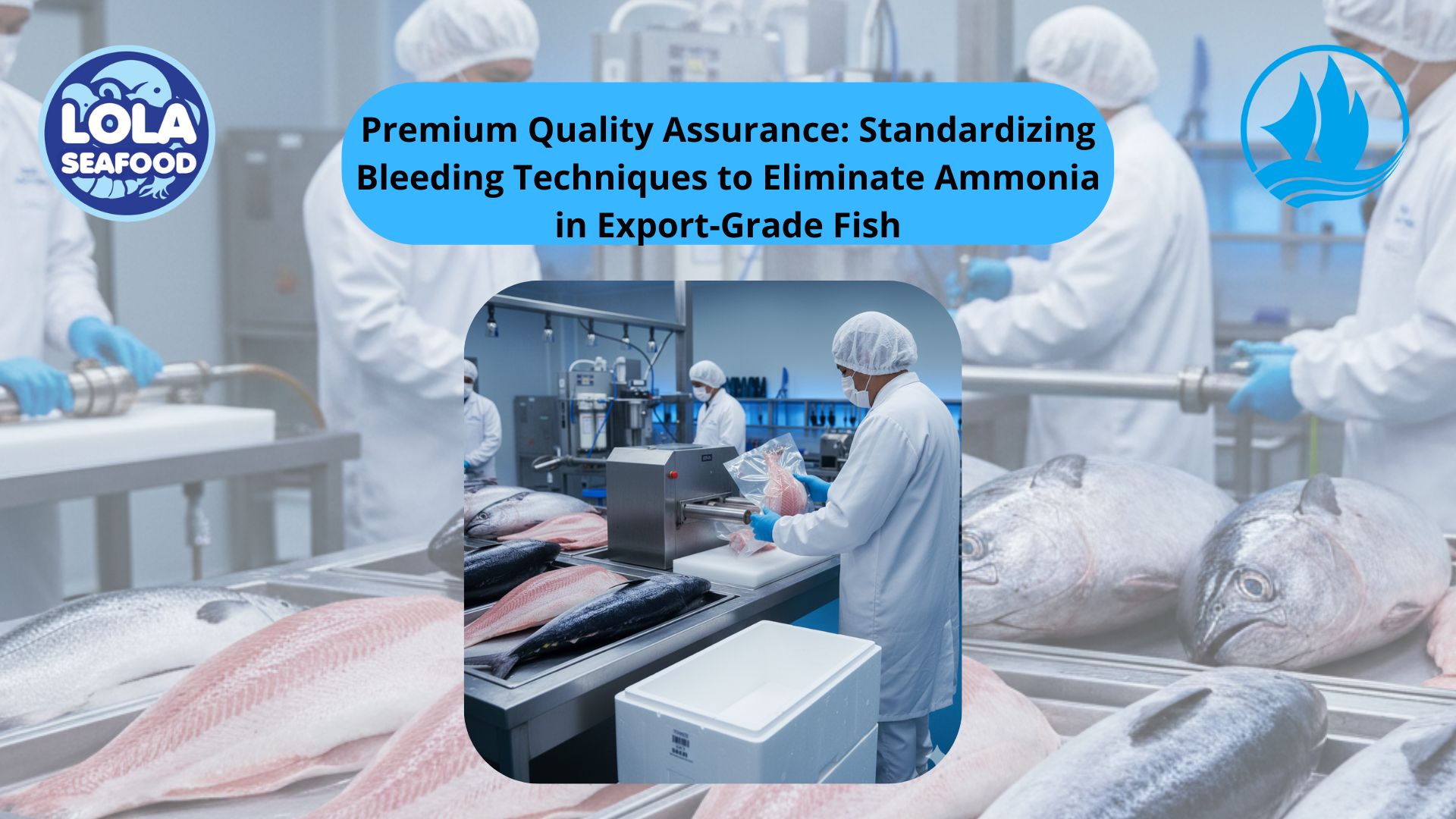
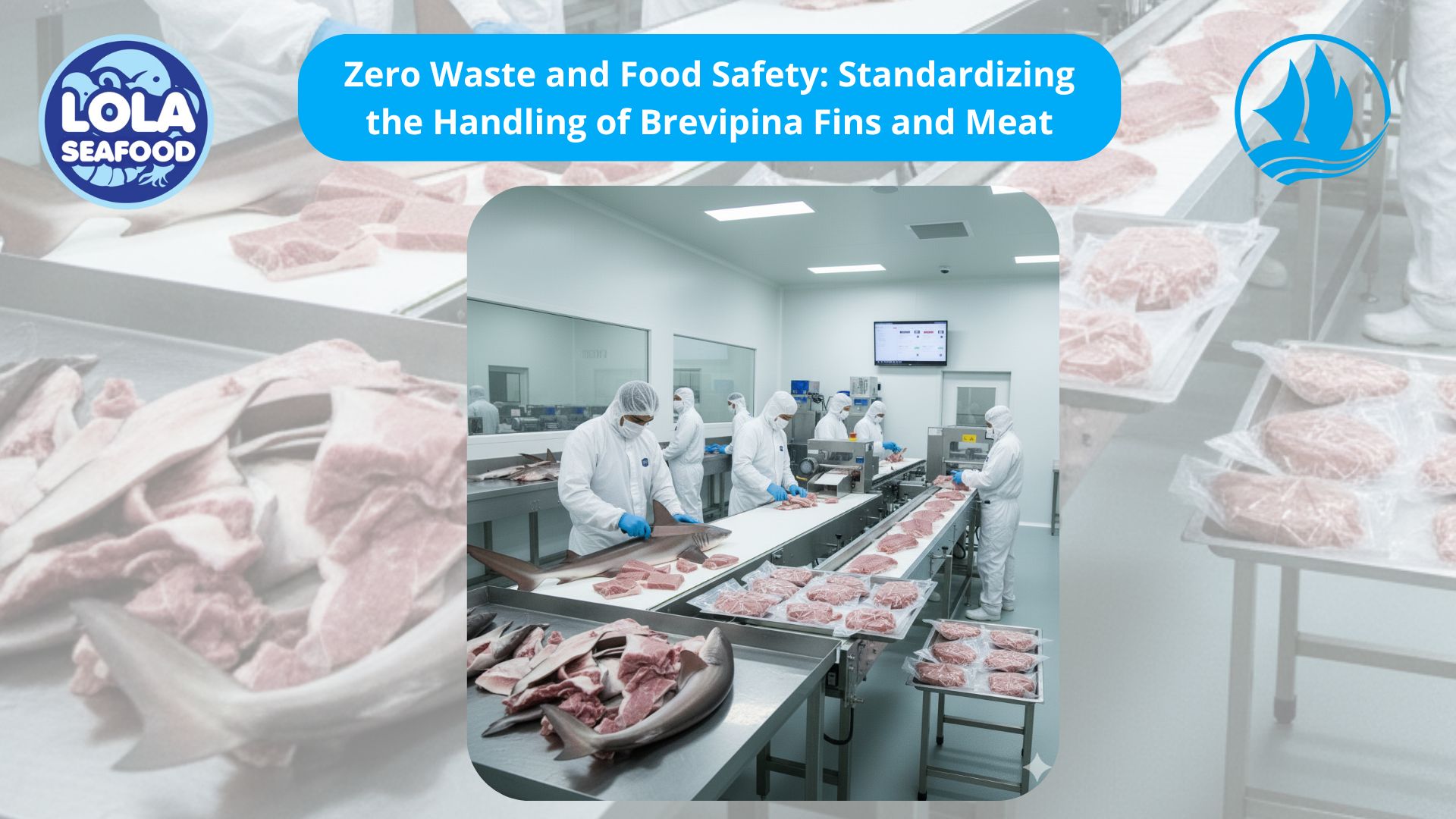


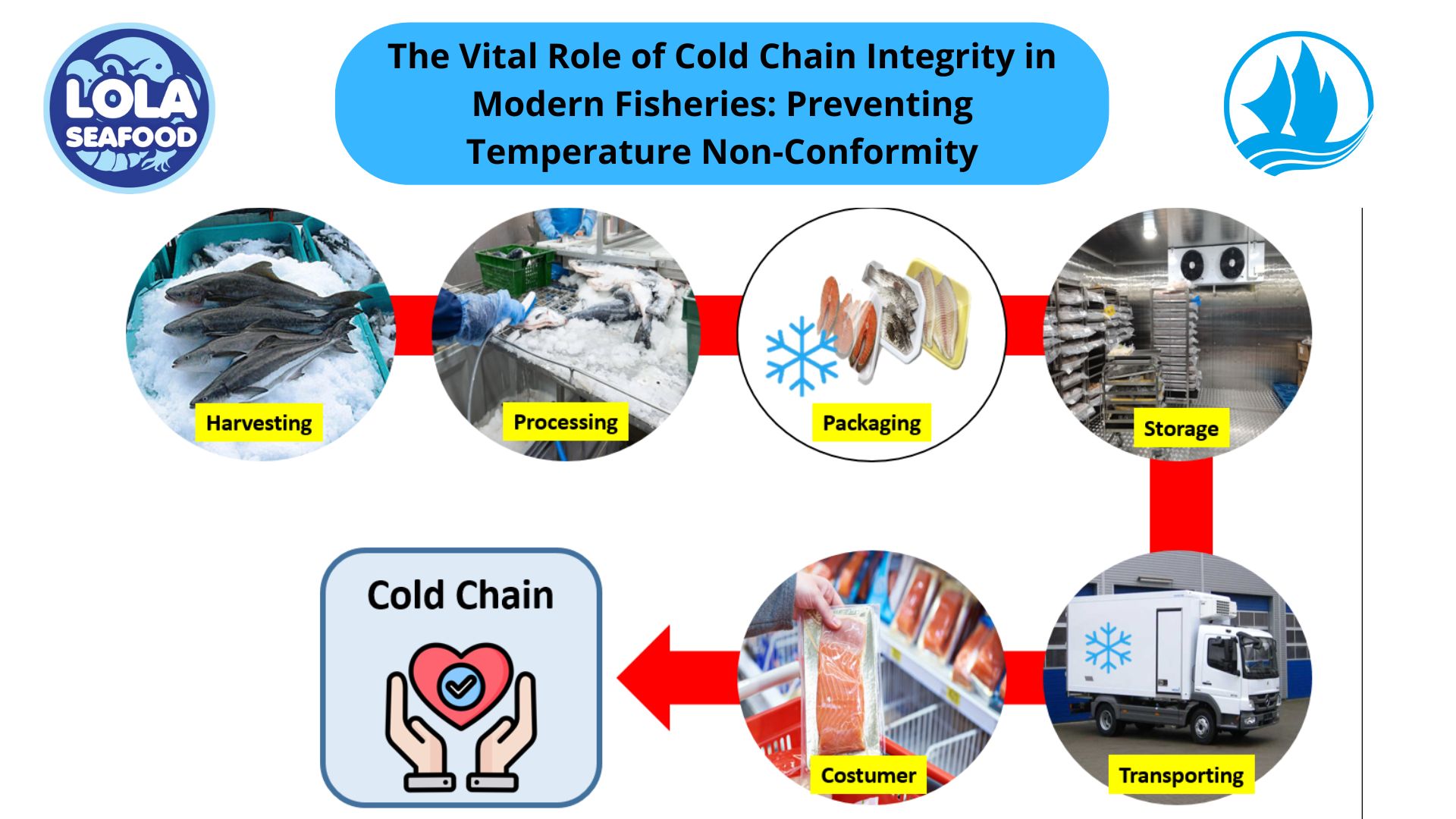
.jpg)
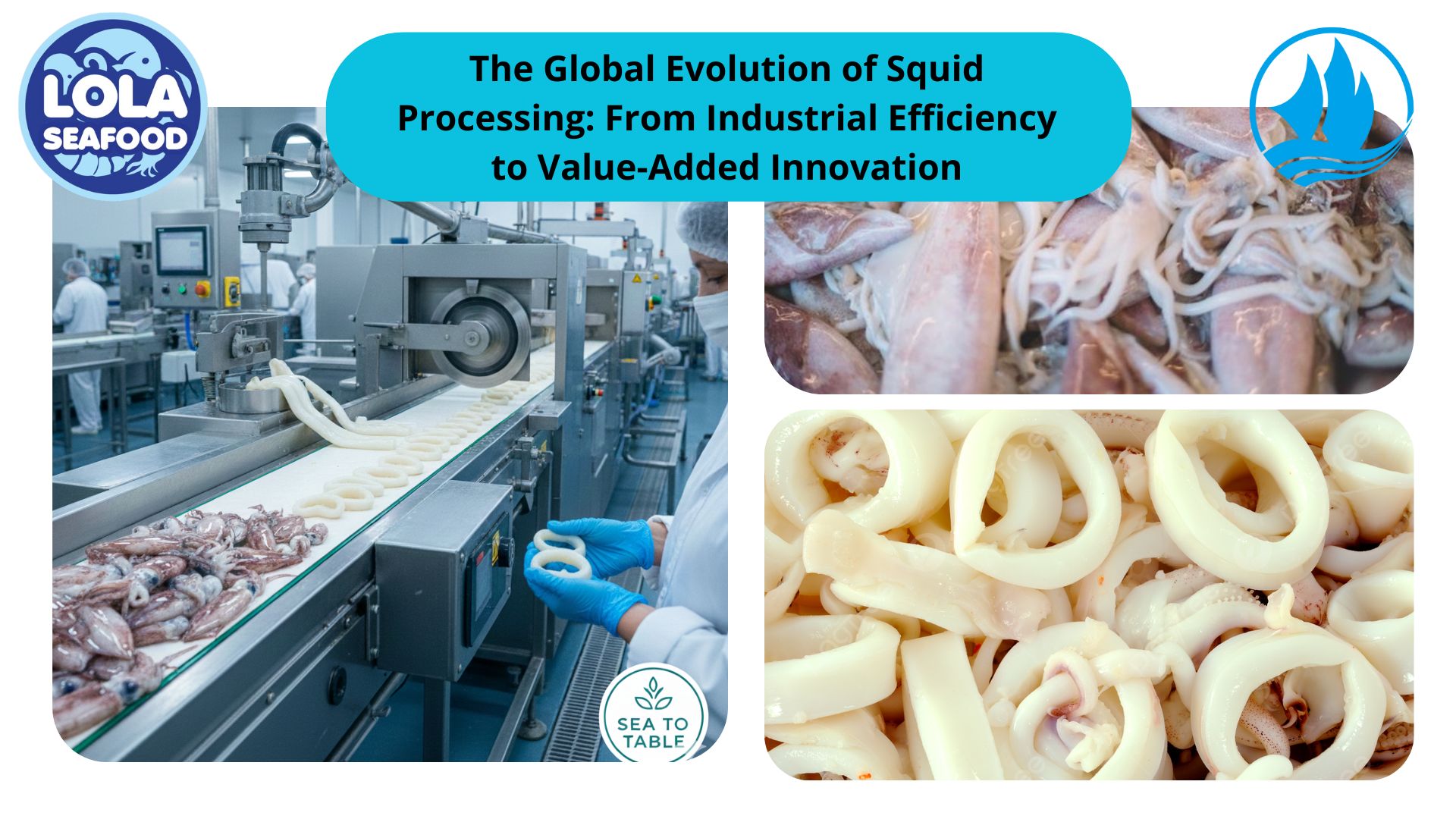
.jpg)